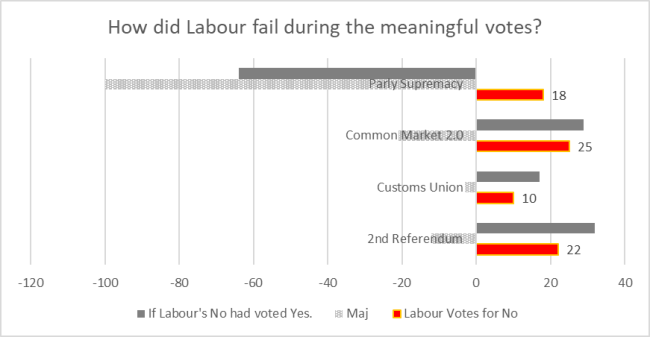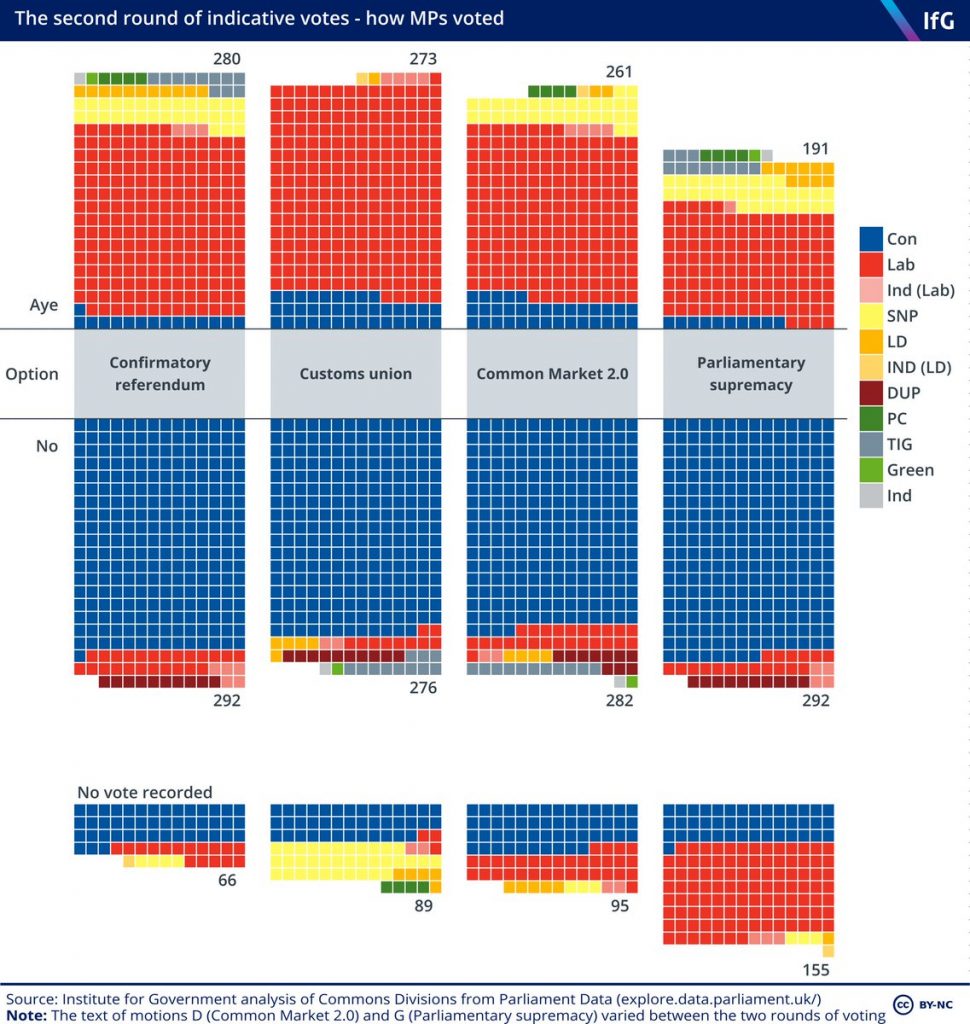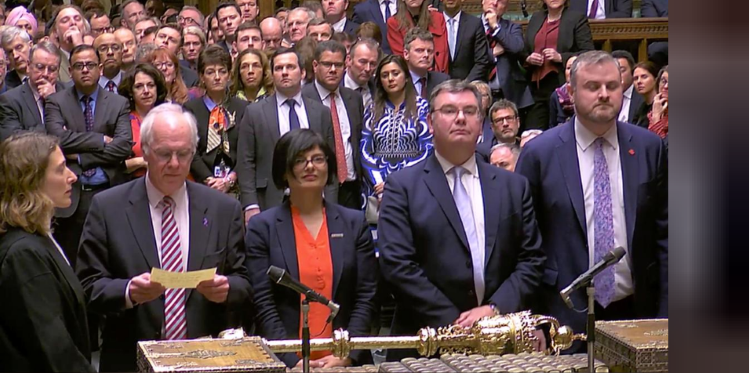Sean Jones, one of the UK’s top employment lawyers, tweeted about the quality of legislation and I made a reply. I do not exactly answer his question, but I think its worth thinking about parliaments in the context of the quality of legislation. Sean says,
I reply, “It’s an interesting question, I have two thoughts to offer. Firstly, the size of the parliament matters, small parliaments are captured by the executive, large parliaments make work for idle hands. This is exacerbated in the UK, in that the executive has been captured by one faction within the winning coalition.
Secondly, if one uses the 3√ rule, which I don’t, the EU Parliament is slightly under sized, and the Commons is too large; however, there is no [politically coherent] executive within the EU.
The other question that needs to be answered in both polities is that of effective devolution/subsidiarity. If the ambition is to take decisions as close to the people it effects as is possible, neither polity gets this right.
In this blog article, I add that in the UK, the legislature is controlled by the executive, and there is no entrenched human rights law to protect the people from a growing authoritarianism. The executive’s control of time and agenda in parliament is a key tool, as is the increased use of emergency legislative schedules.
It also contains citations to the 3√ rule and the UK’s lack of elected politicians.







